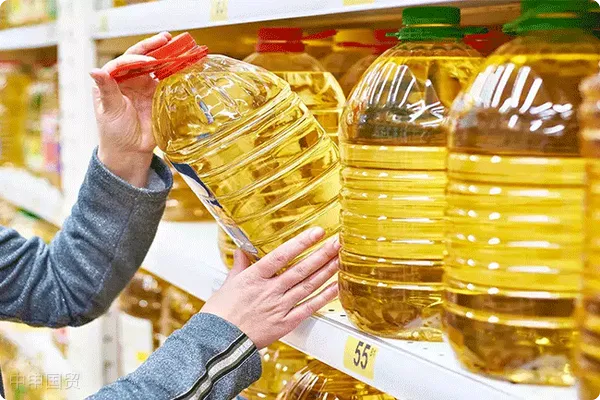- Shanghai Zhongshen International Trade Co., Ltd. - Two decades of trade agency expertise.
- Service Hotline: 139 1787 2118
As a major consumer market, China imposes stringent quality and safety standards on imported edible oils. Customs authorities meticulously oversee every stage from production to consumption, ensuring that every drop of oil reaching Chinese consumers is safe, hygienic, and compliant. This article details the qualifications and procedures required for importing pre-packaged edible oils into China, including on-site inspections and importer responsibilities, providing valuable insights for overseas producers and exporters.

Registration of Overseas Manufacturers
(1) Overseas edible oil producers must be recommended for registration by their national competent authority to Chinas General Administration of Customs.
(2) Only registered enterprises are permitted to export to China.
(3) Lists of registered enterprises can be found on the Imported Food Overseas Manufacturer Registration Information website.
Registration of Overseas Exporters/Agents and Importers
Both overseas exporters/agents and importers must register with customs.
Customs Documentation Review
Customs will review documents submitted by importers, including contracts, invoices, packing lists, bills of lading, and relevant approvals. Required supporting materials include:
(1) Test reports for genetically modified edible oils, as specified in the Agricultural GMO Safety Certificate.
(2) Testing report for items specified in the relevant national food safety standards for prepackaged edible vegetable oils imported for the first time.
(3) Registration information of overseas exporters (agents) of imported food, imported foodCosmetics & Personal CareImporter registration, and registration information of overseas food production enterprises.
(4) Original label samples and translations, Chinese label samples, copies of business licenses of importers, distributors or agents listed on the labels, etc.
On-site inspection and verification content
If selected for on-site inspection, key points include:
(1) Whether the imported food is contaminated by packaging materials, containers, or transportation tools.
(2) Whether the storage conditions for imported edible vegetable oils meet requirements.
(3) Whether the packaging and transportation tools comply with safety and hygiene requirements.
(4) Whether the goods match the documents and whether the labels meet requirements.
(5) Whether false production dates, shelf life, or expired products are labeled.
(6) Whether there is spoilage, rancidity, mold, insect infestation, filth, foreign matter, adulteration, or abnormal sensory characteristics.
(7) For imported edible vegetable oils declared as genetically modified, the GMO labeling of the goods should be verified.
Completion of import and sales records
Importers must complete import and sales records of food within the specified time, and Customs will conduct regular checks.
Responsibility interviews and product recalls
(1) Customs will conduct interviews with importers or agents involved in major food safety incidents, serious violations, or significant risks.
(2) If importers find that imported edible vegetable oils do not meet food safety standards or may harm human health, they must immediately stop imports, initiate recalls, and report the recall and handling to Customs.
The market demand for imported edible oils continues to grow, which not only provides significant market opportunities for foreign oil producers but also poses higher challenges. To establish a foothold in the Chinese market, it is essential to understand and comply with all Customs regulations and requirements.
Related Recommendations
Category case
Contact Us
Email: service@sh-zhongshen.com
Related Recommendations
Contact via WeChat

? 2025. All Rights Reserved. Shanghai ICP No. 2023007705-2  PSB Record: Shanghai No.31011502009912
PSB Record: Shanghai No.31011502009912








